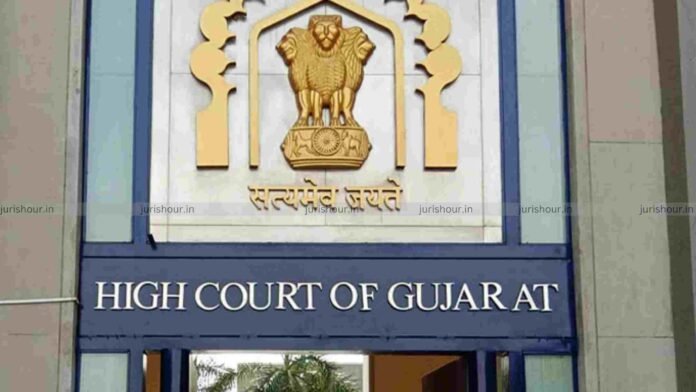The Gujarat High Court has held that once the Customs, Excise and Service Tax Appellate Tribunal (CESTAT) granted the liberty to an appellant to file a rectification of a mistake application, it cannot subsequently dismiss such an application on grounds of limitation.
A Division Bench comprising Justice Bhargav D. Karia and Justice Pranav Trivedi has ruled that once the Tribunal had granted liberty to the appellant to file a rectification application, the limitation period must be reckoned from that date. Therefore, the applications filed on December 19, 2007, were within time and could not have been rejected as time-barred.
The dispute arose after CESTAT, by a common order dated March 22, 2007, allowed appeals filed by the Customs Department and restored duty and penalties imposed in multiple Orders-in-Original against Rajsahnti Metals and others. The Tribunal’s decision was passed ex parte in the absence of the appellant’s counsel.
The Commissioner (Appeals) had earlier set aside the penalties, observing that Rajsahnti Metals had imported goods under a Duty Entitlement Pass Book (DEPB) licence issued by the Directorate General of Foreign Trade (DGFT) in favour of M/s Million Dollars Inc. The licences were later alleged to be forged.
The CESTAT’s order confirmed the Department’s demand, but the importer argued that the goods were cleared under a valid DEPB licence and a “Release Advise” issued by the Assistant Commissioner of Customs, Mumbai, as permitted under Notification No. 34/97 dated April 7, 1997.
Following the ex parte order, the company moved an application before CESTAT seeking restoration of the appeal for rehearing. However, by order dated November 15, 2007, the Tribunal permitted the appellant to withdraw the restoration application and granted liberty to file a fresh rectification of mistake (ROM) application.
Rajsahnti Metals filed the ROM applications on December 19, 2007. Yet, CESTAT dismissed them on February 6, 2008, citing limitation under Section 35C(2) of the Central Excise Act, 1944, holding that the applications were filed beyond the prescribed period.
The High Court admitted the tax appeals in 2008 to decide, “Whether, in the facts and circumstances of the case, the Customs, Excise and Service Tax Appellate Tribunal was justified in law, after granting liberty to the appellant to file a fresh application for rectification of mistake in the ex parte order, to treat such rectification application as barred by limitation?”
The Court categorically stated, “Once the CESTAT has granted liberty to the appellant to prefer applications for rectification of mistakes, it could not have rejected such applications on the ground of limitation, as they were filed pursuant to the liberty granted by the Tribunal itself.”
The High Court answered the substantial question of law in favour of the assessee and against the Revenue, setting aside the CESTAT’s rejection order.
Case Details
Case Title: Rajsahnti Metals Pvt. Ltd. Versus The Commissioner Of Customs
Case No.: R/TAX APPEAL NO. 859 of 2008 With R/TAX APPEAL NO. 860 of 2008
Date: 03/10/2025
Counsel For Petitioner: Dhaval Shah
Counsel For Respondent: Hardika Vyas

